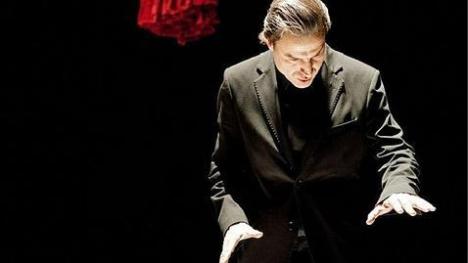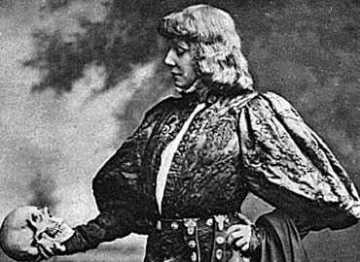Our century has been stage of many reconstructions of the Bard’s works. Shakespeare’s works do not lose modernity. As Ben Jonson wrote in his poem, “Shakespeare is a writer for all time” and these predictions had something of prophetic. Mª Ángeles de la Concha Muñoz is a Spanish academic who has dedicated some pages to Shakespeare’s contemporary nature in her book Shakespeare en la imaginación contemporánea. Revisiones y reescrituras de su obra (2012).
Among other historical and cultural facts -from United for Shakespeare we hardly recommend the book- she pinpoints that it could have been the Bard’s short formal education which, in a way, favoured his popular welcoming. She stands that Shakespeare’s characters were so close to the popular public insofar as Shakespeare himsef, so was. His deep knowldege of the popular life drove him to create immortal characters who were the perfect reflection of his society. Moreover, it seems that the Elizabethan society had more things in common with ours than anybody would dare to think.
Hamlet is one of the Bard’s works that has been more times re-represented. Aldous Huxley indirectly incorporated the “Hamlet phenomenon” in his book Brave New World (1931). As Muñoz states, Shakespeare’s characters may be identified in Huxley’s book as his are so tragic, that demonstrate that tragedy itself has died. In a way, this could be Shakespeare’s same message four centuries ago. Whilst Huxley recalls his reader that the reason’s control might create automatons, Shakespeare’s Hamlet, alerts the reader about the hazards of the human mind.
For all of the above reasons, it comes as no surprise that the Stratford’s Bard’s tragedy continues to amaze the contemporary audience. But, the tragedy is often re-written so as to be adapted to the XXIth’s audience. Examples of these adaptations are the following: Hamlet (Will Keen) or Hamlet (Oskaras Korsunovas). Even tough that they both carry the same title, the public will discover how differently Hamlet’s message can be re-interpreted.
Now, we would like to leave a critic space for the reader. It seems that the longlasting effects a certain play might have, need to be evaluated according to the public’s reception. It is brave to ask such a question regarding the Bard’s faultless master works. But given that many contemporary directors have decided to adapt the genious’ scripts, one should ask him/herself a simple question: Does Shakespeare’s Hamlet needs to be re-adapted or does the Bard’s magnificent work keeps its essence in its original form? Answering this simple query each reader will find out if Shakespeare’s tragedies were immortal or not.
References
-De la Concha Muñoz, Mª Ángeles. Shakespeare en la imaginación contemporánea. Revisiones y reescrituras de su obra. UNED: 06/11/2012. Retrieved online from http://books.google.es/books?id=CuoC0d3gKVMC&dq=Shakespeare+en+la+imaginaci%C3%B3n+contempor%C3%A1nea.+Revisiones+y+reescrituras+de+su+obra&lr=&hl=es&source=gbs_navlinks_s
Archivado en: Big entries, Curiosities, Shakespeare Master Works Today Tagged: Brave New World, Elizabethan era, Hamlet, Shakespeare
![]()


